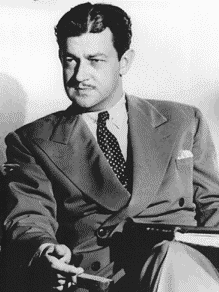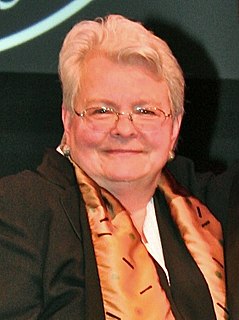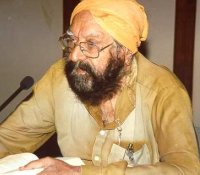A Quote by Kathi Appelt
At any given time, all of us have an empty spot: one that is calling for companionship, for example, or for justice, love, romance, or a belly laugh. When I sit down to write, I look to see what hole needs filling at that particular moment.
Related Quotes
My writing isn't actually guided by issues. I know it seems that way, but I don't sit down and think, Oh, there's this issue I'm bothered about. I only write about things that directly impact my life. When I write, there's a pain that I have to reach, and a release I have to work toward for myself. So it's really a question of the particular emotional circumstance that I want to express, a character that appears, a moment in time, and then I write the play backwards.
When I am working on a book or a story I write every morning as soon after first light as possible. There is no one to disturb you and it is cool or cold and you come to your work and warm as you write. . . .When you stop you are as empty, and at the same time never empty but filling, as when you have e made love to someone you love. Nothing can hurt you, nothing can happen, nothing means anything until the next day when you do it again. It is the wait until the next day that is hard to get through.
'Nicholas Nickleby' was the best example, where 43 people could make an audience of 1,500 look at a fingernail at any given moment. It was so controlled, and yet it was a group of disparate individuals. It was a happy, constructive time, and it seemed to be an active discussion of what makes the theater work.
Gardeners (or just plain simple writers who write about the garden) always have something they like intensely and in particular, right at the moment you engage them in the reality of the borders they cultivate, the space in the garden they occupy at any moment, they like in particular this, or they like in particular that.
I understand what's going on, and when I see the fervor, when I see 25,000 people that have seats and not one person during an hour speech will sit down, I say sit down everybody, sit down, and they don't sit down, I mean, that's a great compliment but I do understand the power of the message. There's no question about that.
The brain "fills in" the missing information from the blind spot. Notice what you see in the location of the dot when it's in your blind spot. When the dot disappears, you do not perceive a hole of whiteness or blackness in its place; instead your brain invents a patch of the background pattern. Your brain, with no information from that particular spot in visual space, fills in with the patterns around it. You're not perceiving what's out there. You're perceiving whatever your brain tells you.






































